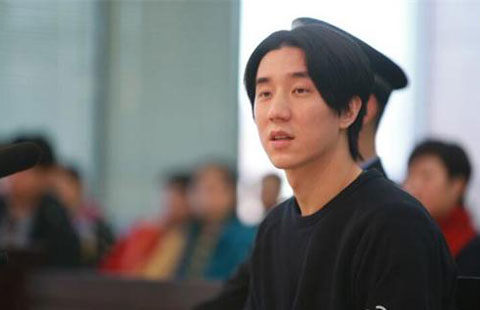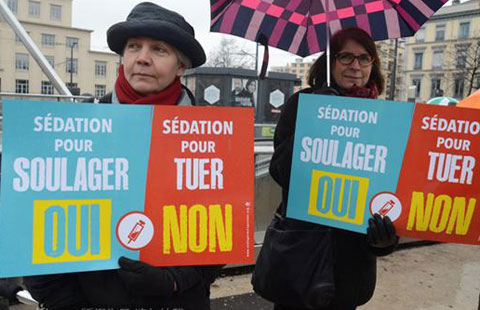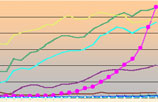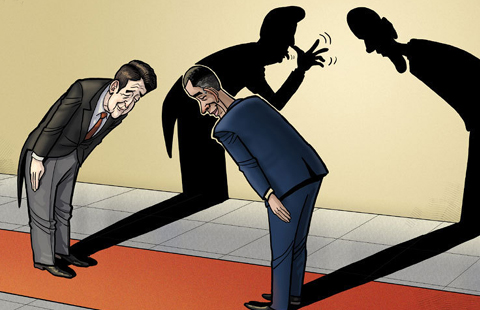七一打虎 (qi yi da hu): Swipe the tigers on the eve of July 1
(China Daily) Updated: 2014-07-04 09:13The 93rd anniversary of the Communist Party of China was on July 1, or qi yi in short in Chinese. On eve of its 93rd birthday, the CPC expelled some high-ranking officials on charges of corruption, reaffirming its resolve to maintain discipline and crack down on the "tigers", or hu, a metaphoric reference to corrupt senior officials. The CPC move is also part of the nationwide campaign on corruption.
The "biggest tiger" ensnared this time is Xu Caihou. The 71-year-old former vice-chairman of the Central Military Commission was expelled from the Party on Monday after a meeting of the Political Bureau of the CPC Central Committee, presided over by Party chief Xi Jinping, announced the results of an internal investigation against the retired military leader. Xu's case has been handed over to military prosecutors for further investigation.
Several other leading officials, too, were expelled from the Party. They include Jiang Jiemin, former head of the State-owned Assets Supervision and Administration Commission of the State Council, and Li Dongsheng, former vice-minister of public security.
The downfall of the officials is the result of the Party's intensified efforts to hunt down both the "tigers" and the "flies", or low-ranking corrupt bureaucrats. As a Party statement says, whoever violates Party discipline and laws must be severely punished no matter how powerful he/she used to be and how high a position he/she holds or held. No leniency will be shown while dealing with such people, the statement adds.
The fight against corruption is a long-term and complicated task. That is why the crackdown on corruption and corrupt officials has to continue with the same intensity and seriousness. But showing zero tolerance for corruption and punishing the "black sheep" are not enough to eradicate corruption from society; measures have to be taken to destroy the soil which breeds corruption.
As Xi has said, preventing the Party from becoming corrupt in its long-term rule is a major political mission, and it must be done right.











